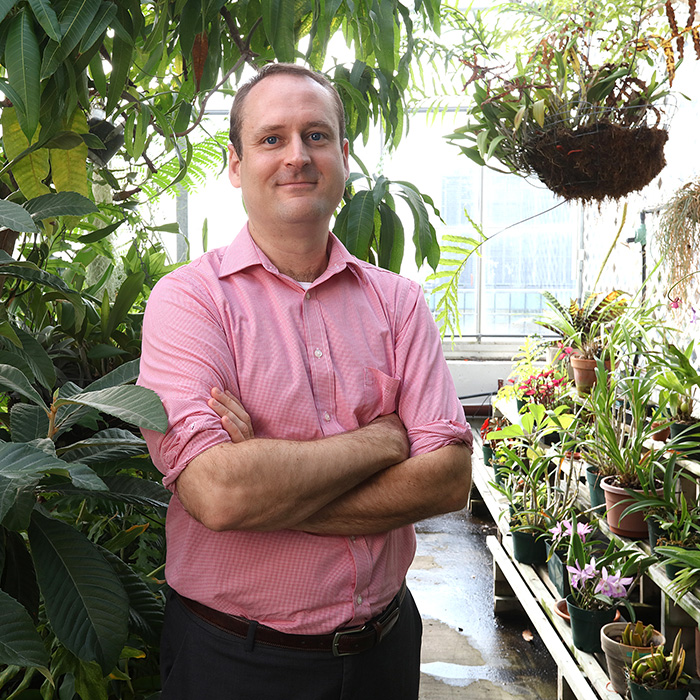Investigating how species adapt to new environments over short time periods (years or decades): this research will improve our tools for managing biological resources that are threatened by global change.

Tier 2
Genetic tools to survive and thrive in a changing world
Invasive species are a common enemy of conservationists, naturalists, farmers, foresters, and wildlife managers — but they are also a potential source of valuable information about how to succeed in a rapidly changing world.
The presence of more than seven billion humans on Earth is profoundly altering our global ecosystems. Worldwide, thousands of species are in decline. Yet invasive species are spreading rapidly to new areas, where they thrive at the expense of native species. They may also disrupt ecosystem services — such as crop pollination, food and water production, or disease control — that are important for human health and welfare.
How do invasive species thrive when so many others are failing? That is the question Dr. Robert Colautti, Canada Research Chair in Rapid Evolution, is trying to answer. He is identifying the genetic changes that occur swiftly in invasive species, allowing them to thrive in new environments. In particular, Colautti is searching for evolutionary and genetic explanations for why two of Canada’s most invasive weeds — purple loosestrife (Lythrum salicaria) and garlic mustard (Alliaria petiolata) — have achieved ecological dominance.
Researchers in the Colautti lab are combining field experiments with cutting-edge methods in statistical quantitative genetics and next-generation sequencing to investigate the genetic reasons for why some species become dominant in new and changing environments.
This research could lead to substantially improved techniques for monitoring and managing invasive species; greater yields of biological resources (e.g., crops, forests); and better ways to curb biodiversity losses in a rapidly changing world.